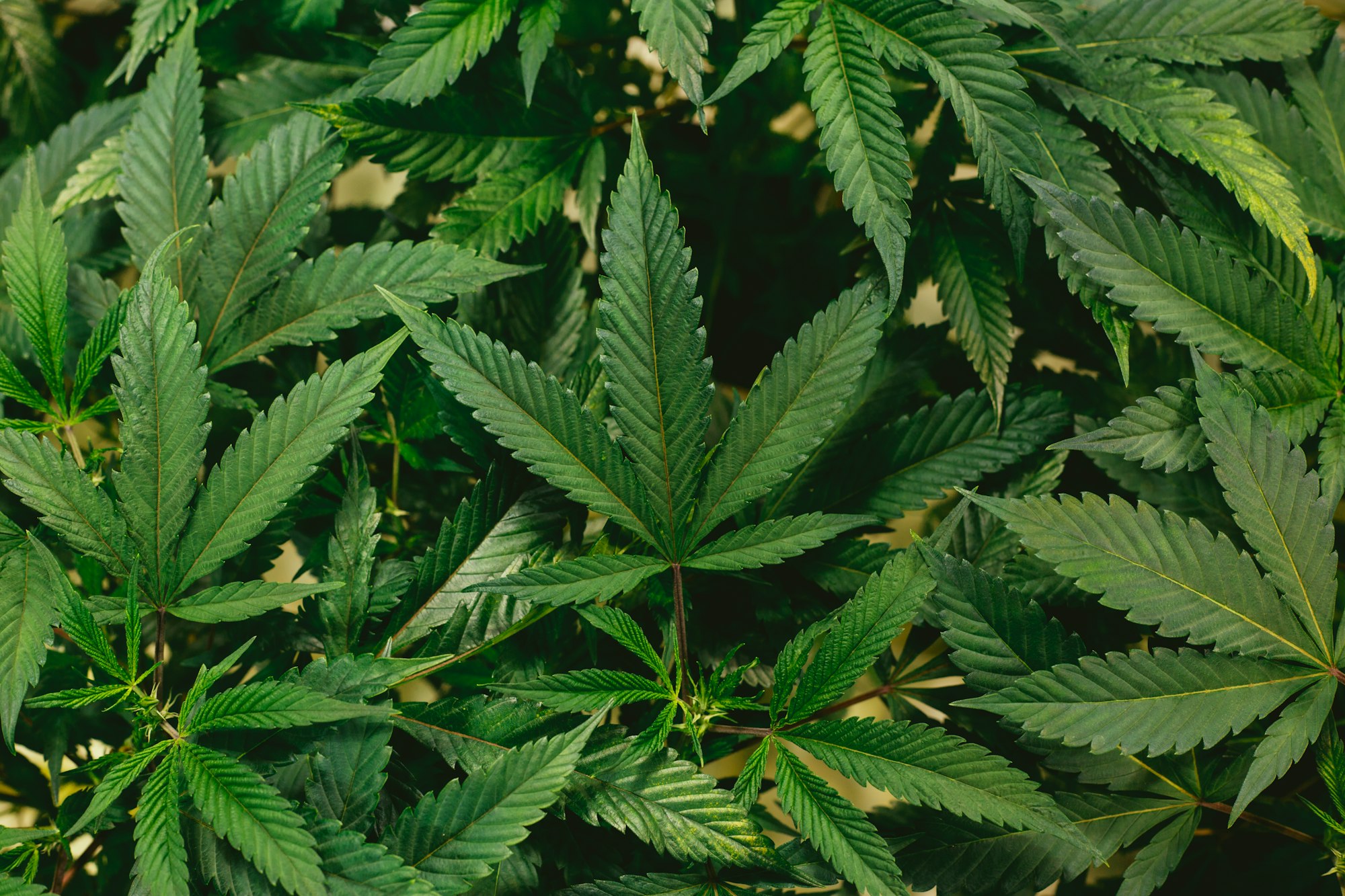Germany advances in Hemp Legislation with the draft law “Nutzhanfliberalisierungsgesetz - NLG”
The German Federal Ministry of Food and Agriculture recently presented a draft law, the Industrial Hemp Liberalisation Act (Nutzhanfliberlalisierungsgesetz), which will address the legal, economic and bureaucratic challenges that have long held back the growth of hemp cultivation in Germany.

The Federal Ministry of Food and Agriculture (BMEL) recently presented a draft law, the Industrial Hemp Liberalisation Act (Nutzhanfliberlalisierungsgesetz - NLG), which will change the agricultural landscape by liberalising the cultivation and management of industrial hemp. This law will address the complex legal, economic and bureaucratic challenges that have long held back the growth of hemp cultivation in Germany.

Rethinking Hemp: From Niche to Mainstream
The draft has entered the departmental coordination process. Representatives of the hemp industry such as our cooperation partner the BvCW (German Industrial Hemp Association) very much welcome this. The BvCW has been campaigning for years for better hemp use and competitive conditions, emphasises hemp as a renewable raw material and campaigns against restrictive clauses in various forums and collaborations.
But despite the recognised environmental and sustainability benefits of hemp - including its contribution to biodiversity and climate change mitigation - the crop has remained largely marginal in the German agricultural sector. The new legislation aims to increase legal certainty and expand the potential uses for hemp. The regulation, however, excludes the consumption of cannabis products for intoxication purposes.

Key Provisions and Innovations
- Elimination of the Intoxication clause (Rauschklausel): In the past, the association of hemp with psychoactive cannabis has led to strict controls under narcotics law, severely limiting the agricultural potential of hemp. By removing the clause that required proof of non-abuse for intoxication purposes, the bill aims to remove a major obstacle to hemp cultivation.
- Authorisation of Indoor Hemp Cultivation: The introduction of legal indoor hemp cultivation opens up new economic opportunities, especially in rural areas, and enables year-round cultivation, which is crucial for sectors such as the CBD market.

Operational and Regulatory Simplifications
The NLG simplifies the bureaucratic landscape for hemp farmers and businesses:
- Flexibility in Hemp Farming: The draft law allows cultivation both outdoors and indoors, thus expanding the scope for farmers and companies to innovate and expand.
- Regulatory Streamlining: By cutting back excessive regulatory hurdles, the legislation encourages a more dynamic hemp sector, with less administrative strain on farmers, producers and sellers of flowers. Because farmers now have fewer concerns about the overall use and sell of the hemp plant, especially the sale of the flowers. In particular, online shops and local shops selling CBD flowers will no longer have problems selling CBD flowers if they contain less than 0.3% THC, as the intoxication clause no longer exists. This opens a big market as this part of the hemp plant has bigger market volumes and more interesting margins.

Economic and Environmental Benefits
With its low need for fertilisers and pesticides, hemp is a plant that not only enriches the soil but also supports diverse ecosystems. The draft law emphasises these sustainable characteristics and hemp's role in fostering biodiversity which benefits Germany's general environmental and climate goals.
Anticipated Impact on the Market
The NLG is expected to significantly revitalise the hemp market. The abolition of the narcotics clause and the legalisation of indoor cultivation will likely lead to an increase in domestic production and innovation in the industry, which will presumably have a positive impact on various sectors such as food, cosmetics and textiles.
Conclusion
This bill, which is currently going through the legislative process, has far-reaching implications for sustainable agriculture and economic development. The aim is to promote sustainable raw materials and support climate protection. By reforming outdated regulations and promoting a crop with numerous environmental benefits, Germany is setting a progressive example for hemp legislation worldwide.
This is an important step for the German hemp industry and also towards a more sustainable agricultural policy that not only meets economic needs but also addresses pressing environmental issues.


